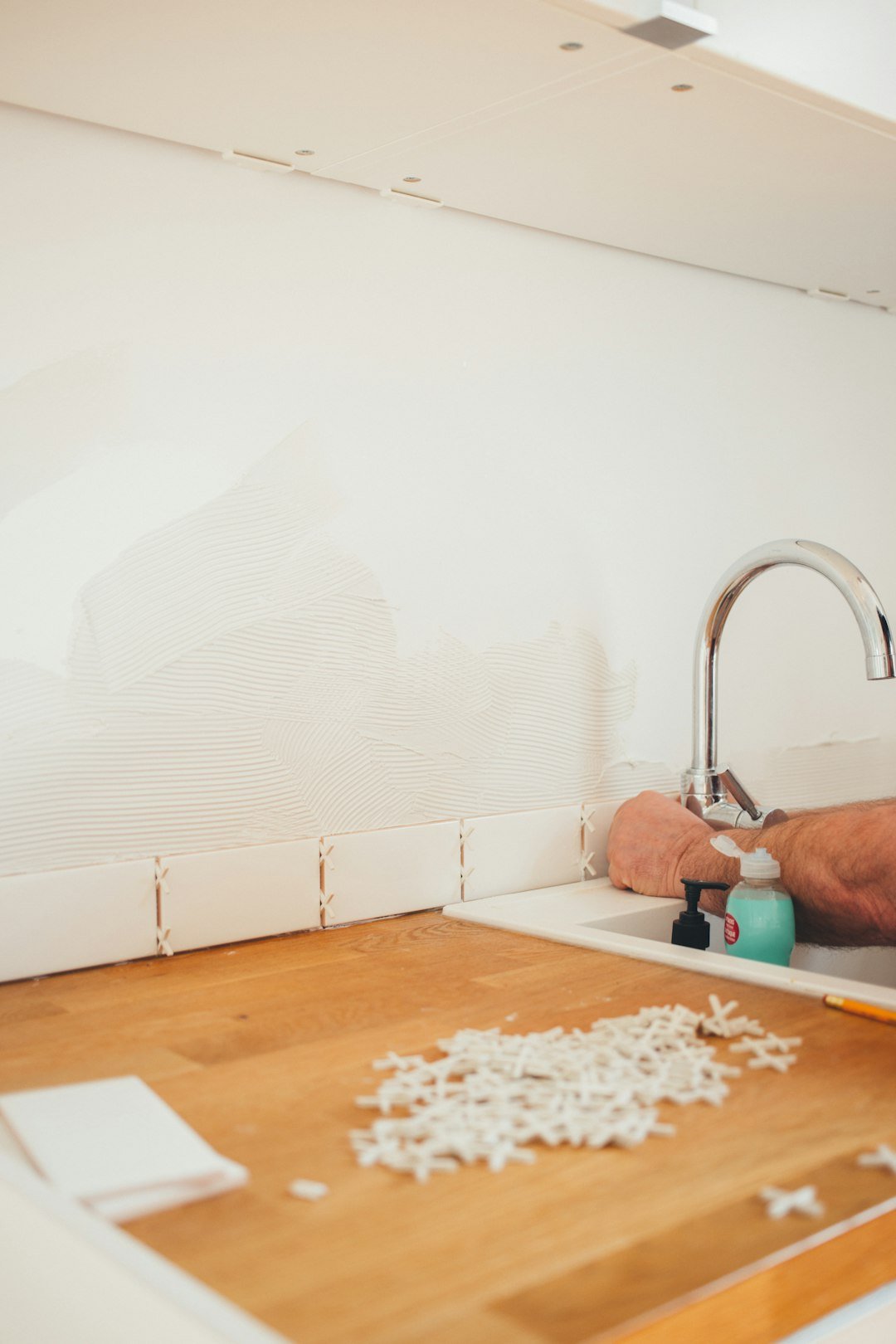
Now that you’ve chosen to move forward with your long-considered home renovation ideas, it’s a thrilling step toward enhancing your living space. Kudos on taking this leap! To kick things off on the right note, consider gathering inspiration from experts like A+ Building & Remodeling for your project.
However, the process can quickly become frustrating if homeowners focus solely on preparing their property and overlook their own readiness amid the complex logistics. Striking a balance is essential to ensure a positive outcome.
Effective planning forms the foundation of any successful home upgrade, extending to specifics like the exact size for a new bathtub— for additional guidance on accurate measurements, explore dedicated resources. This preparation involves both your home and your personal adjustments.
To help make your renovation as straightforward and hassle-free as possible, we’ve compiled key expert recommendations to keep in mind, drawing from industry best practices that emphasize proactive steps.
Plan Your Repayment Strategy for the Renovation Funding
Home improvement expenses can add up significantly, varying based on your vision and financial limits. You might need to secure a loan or other financing to cover these costs effectively.
Once you’ve selected the most efficient borrowing method suited to your circumstances, develop a clear long-term plan for settling the debt. This strategy will hinge on the financing type you opt for, such as personal loans, home equity lines, or mortgages.
Repayment methods differ across loan types, but generally, your monthly obligations are influenced by factors like loan duration, interest rates, and the principal amount. Beyond the borrowed sum, other elements like local property taxes and homeowner insurance premiums can affect your overall budget. Creating a detailed amortization plan is crucial for homeowners, as it promotes financial stability and allows you to fully enjoy your updated home without added stress— for context, many experts note that loans typically span 15 to 30 years, impacting monthly payments substantially.
Safeguard Your Possessions and Property
It’s wise to clear items from shelves and walls in areas near the renovation zone, even if they won’t be directly impacted. The use of heavy machinery during the work can generate vibrations that travel through walls, potentially dislodging objects in adjacent spaces.
To prevent damage, prioritize removing delicate or valuable items from walls, such as artwork, mirrors, electronics, and collectibles. Additionally, secure any high-value assets like cash or jewelry by storing them off-site or in a safe— statistics from renovation surveys indicate that up to 10% of projects involve minor accidents affecting personal items, highlighting the need for caution.
Given that dust is inevitable in remodeling, relocate furniture to a clean, protected area if feasible. If not, cover upholstery, cabinets, and decor with plastic barriers. Don’t forget to roll up rugs and carpets to eliminate slip risks, which not only protects your belongings but also simplifies cleanup afterward— in fact, professionals often recommend using heavy-duty plastic sheeting rated for construction use to minimize dust infiltration.
Choose Your Temporary Living Setup
No matter the scale, renovations often bring noise and debris, prompting many owners to temporarily relocate to a family member’s place or similar arrangement, particularly for extensive projects.
For major overhauls, weighing options like staying at a hotel, with friends, or renting a short-term apartment is advisable, depending on your budget and project timeline. This can help maintain daily routines without disruption.
If you decide to remain on-site, designate a dedicated living area for you and your family as a central hub.
Consider practicalities such as meal preparation spots, access to outdoor spaces like the yard or garage, sleeping arrangements, and adequate room for everyone. Also, think about bathroom availability and pet safety— according to pet care guidelines during renovations, animals should be kept away from work zones to avoid hazards, with alternatives like boarding facilities being a common choice.
Establish clear boundaries for contractors, including their access to specific areas. For larger jobs, portable restrooms are frequently arranged, as seen in services from companies like Viking Rental, but smaller projects might require using your facilities— if so, set aside a guest bathroom and swap out decorative towels for practical ones to keep things functional.
Generally, you’re not required to provide meal areas for the crew, so restrict access to your kitchen and dining spaces to preserve your sanctuary.
Ultimately, for any renovation, the core advice is to prepare both your space and yourself thoroughly. If organization isn’t your strength, especially under pressure, creating a comprehensive checklist can be invaluable to track essentials before work begins.
These suggestions offer a solid foundation to address key aspects, but remember that every project is unique and may encounter unforeseen challenges. Stay optimistic and patient— once completed, you’ll return to a refreshed home that makes all the effort worthwhile, potentially increasing property value by 5-10% based on average market data.




